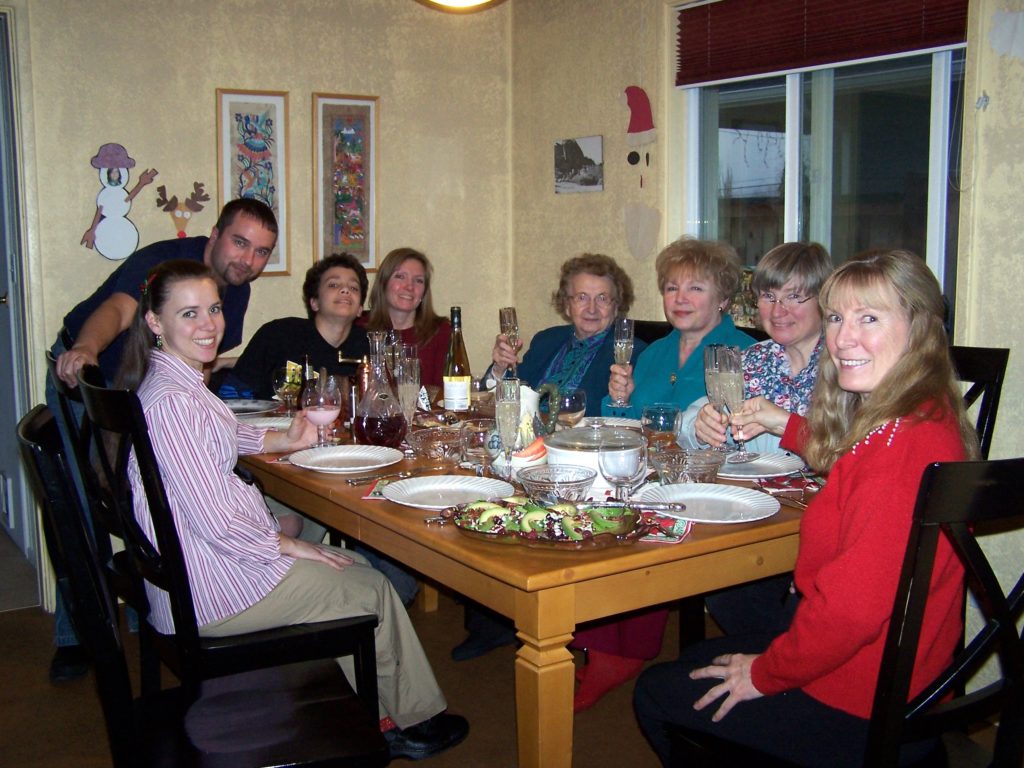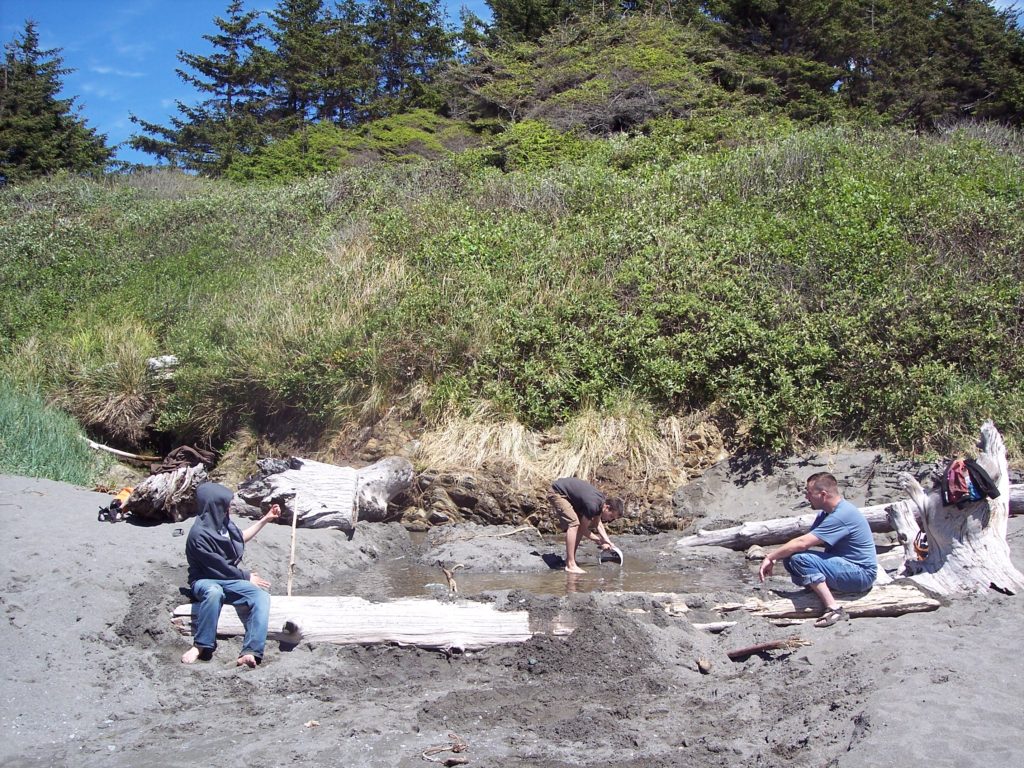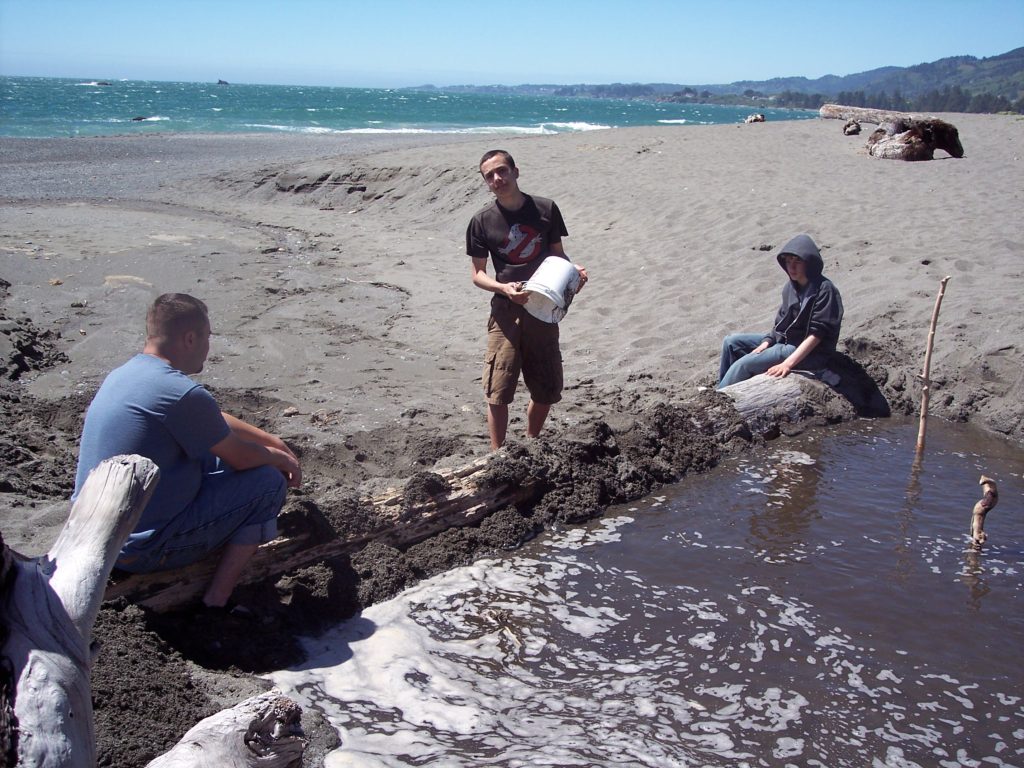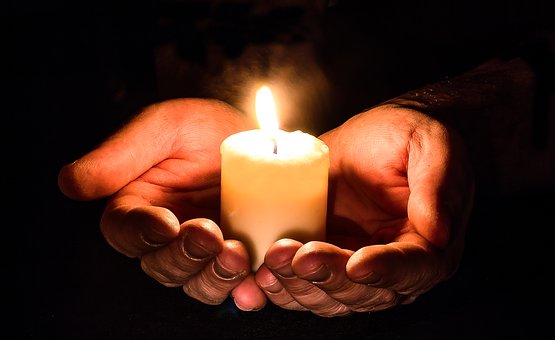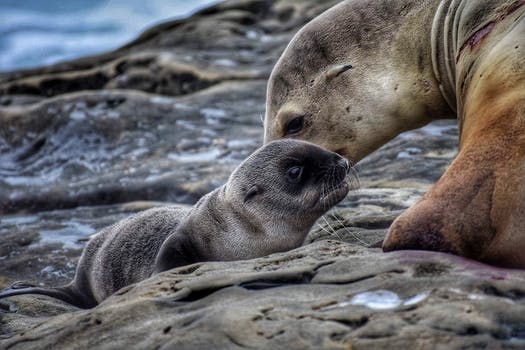It seemed like it came from out of nowhere, and in some ways, it did. But lately I’d been noticing ambulances around town, even those without their sirens and lights on. And three weeks ago I commented on a friend’s blog post that the only child I’d witnessed having a seizure was not my own.
A few days ago, Neil had his first tonic-clonic (grand mal) seizure. He had been on the couch in the living room watching a movie, and I was reading in my office. I started to hear a repetitive banging noise coming from the living room, and I yelled out, “Stop the banging!” When it did not stop, I marched out to the living room. “I said to stop the banging! What are you doing?!” I yelled again, looking at Neil, whose body was half-off the couch with his legs stuck under the heavy coffee table, banging it. I thought perhaps he was acting out a scene from the movie or laughing in an exaggerated way, but that was before I saw his face. I pulled back the blanket that had been covering him, and then all at once it hit me. The violent convulsing, the profuse frothing at the mouth, the eyes rolling back in his head: He was having a seizure.
I was terrified. My legs started shaking as hard as Neil’s. I pulled them out from under the coffee table and placed them on the couch and shoved the blanket out of the way. With dread I realized that he was having great difficulty breathing and yelled out to Adam to call 911 and bring me the phone. The dispatcher kept me calm while waiting for the ambulance to arrive. Neil’s breathing alarmed me, but after the convulsions stopped, it seemed to come a little easier, although it was still ragged and rapid. The EMTs arrived, checked him out, and tried to insert an IV (which he fought off, even in his semi-conscious state). Then they placed him on a gurney and wheeled him out to the ambulance.
I rode in the back with Neil and Adam rode up front. The EMT in the back asked Neil questions and he answered them. Later he would tell me that he had no memory of the ambulance ride or the first two hours in the hospital, even though he was conscious and speaking. I sat there behind my son as he spelled his name in the ambulance, berating myself for yelling about the banging when he was having a seizure. Of course, there would have to be some element of the experience for which I would feel guilt. How long had the seizure gone on before his legs got stuck under the table? Why was my first inclination to yell about it?
Three hours later, everything checked out clean at the hospital (the brilliant ER doctor said that because the CT scan was clear, he might not have had a seizure. Um, yeah, he really did. Guess you had to be there, eh, doc?), and after waiting almost an hour post-discharge for a cab, we arrived home past 2:00 AM. I put the boys to bed and tried for at least an hour to fall asleep, but each time I heard a noise (usually because of the cats), I jumped out of bed and went to check on Neil. My mind kept fixating on questions I had about seizures and how they would affect Neil’s life. What does this mean for his future? What if he has one while riding his bike? Or in the shower? Where do we go from here?
I woke up exhausted and called the doctor’s office. His regular doctor was not in, so we saw another doctor in the practice who recommended a referral for an EEG and MRI. But, with Neil moving to L.A. next week, there’s no point in receiving a referral here. We’re on our own to find one there as quickly as possible.
Except we’re not on our own. We’re part of this amazing and wonderful online community of families with special needs. So I contacted Elizabeth. And not only did she answer my questions and recommend her daughter’s specialist, she calmed my fears and provided empathy. And I am so grateful. I couldn’t help but remember a post I had written over two years ago about my fear that Neil might develop seizures in his teens. It was only the third post I had written, so it didn’t receive any comments, but in it, I had asked for other parents’ experience and advice about seizures. And now, right when I need it most, I have it. We are truly blessed to be a part of this community.
I still have many questions, most of which we won’t know the answers to until the testing is done, and even then, the results may be inconclusive. I still have a lot of anxiety. My legs are still sore from being so tense during the whole experience that night. I still have fears, but I’m trying not to focus on them. I’m trying to focus on the good and move forward, knowing that we’re not on our own.



